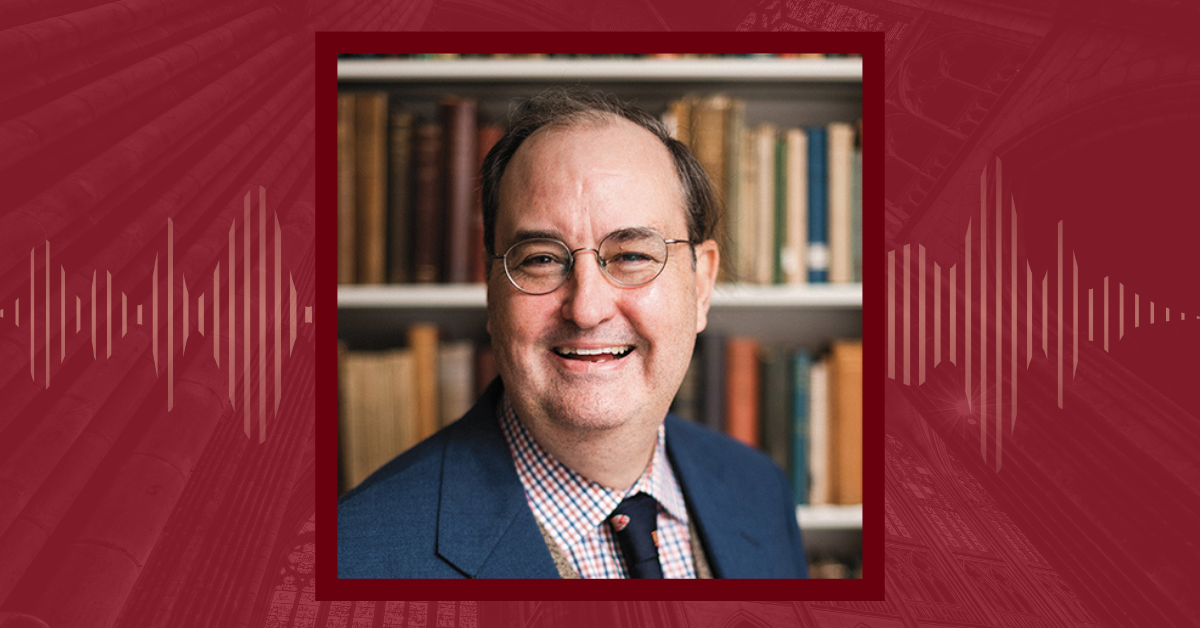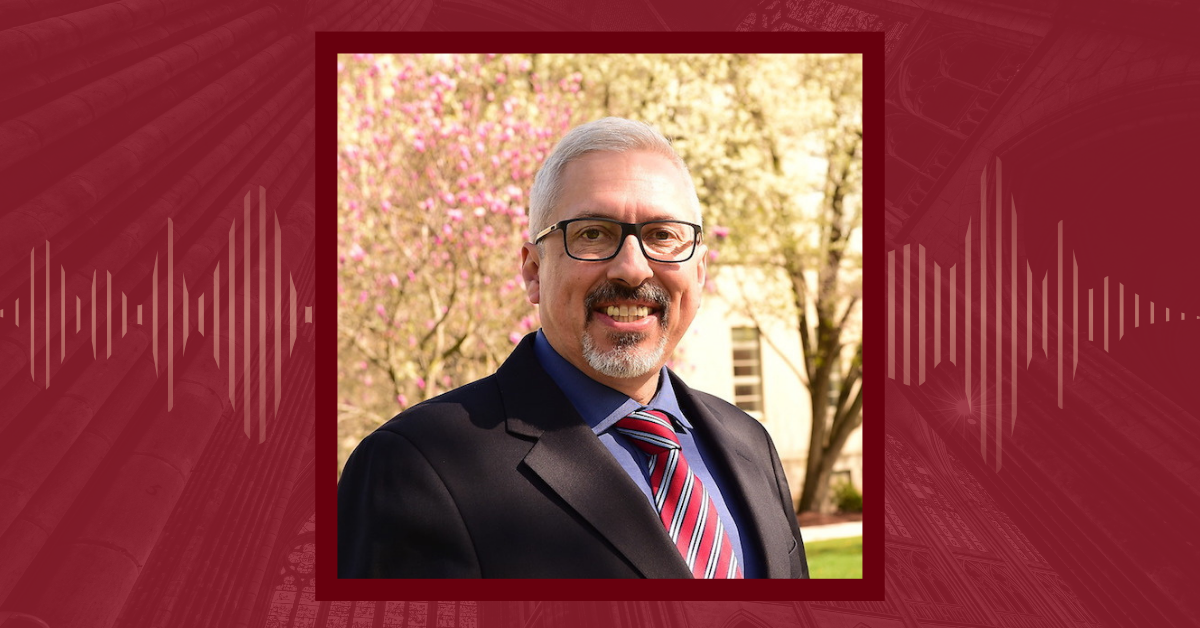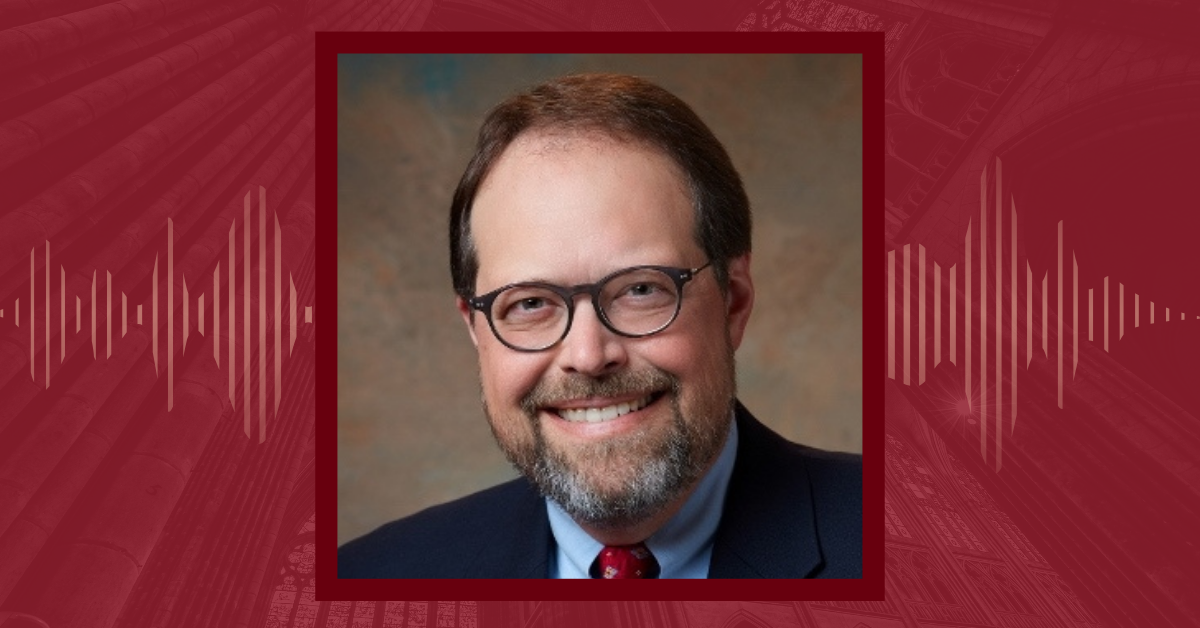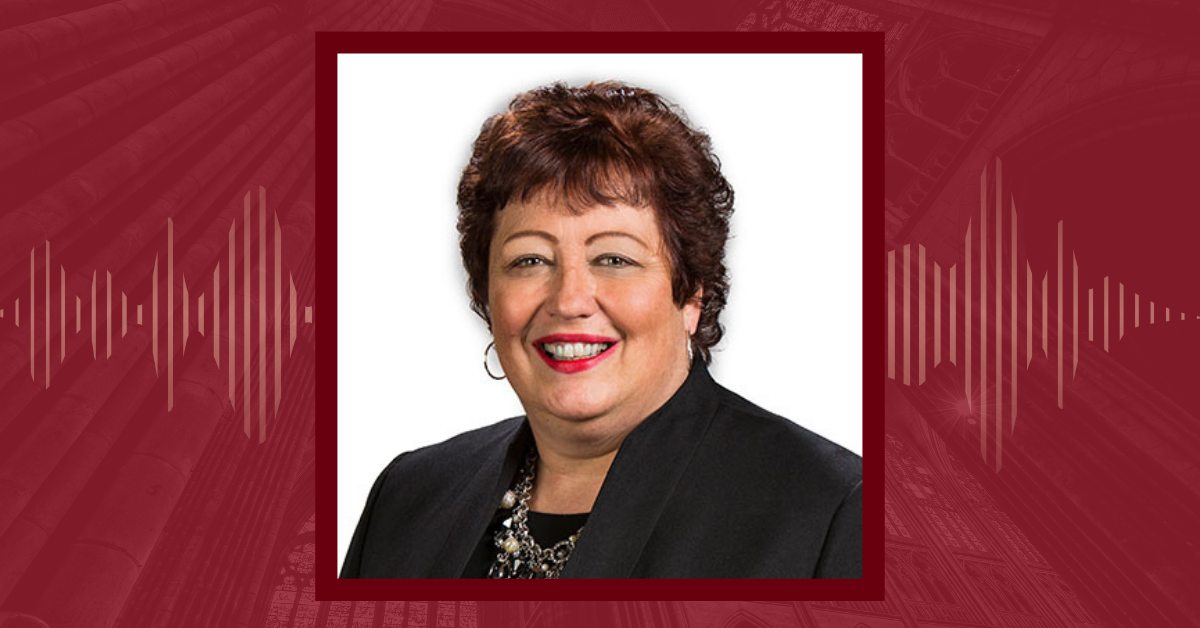
In the fourteenth episode of the “Saturdays at Seven” conversation series, Todd Ream talks with Timothy Larsen, the Carolyn and Fred McManis Chair of Christian Thought, Professor of History, and Director of the Faith and Learning at Wheaton College. Tim opens by talking about how his interests as an historian gravitated to the Victorians, what they knew, and what we can learn from them today. Todd and Tim then talk about his understanding of the academic vocation and how Tim goes about discerning what projects to pursue. They then close by talking about Tim’s magisterial effort, The Oxford Handbook of Christmas, and what Christmas as a season of expectation has to offer our understanding of the academic vocation.





















